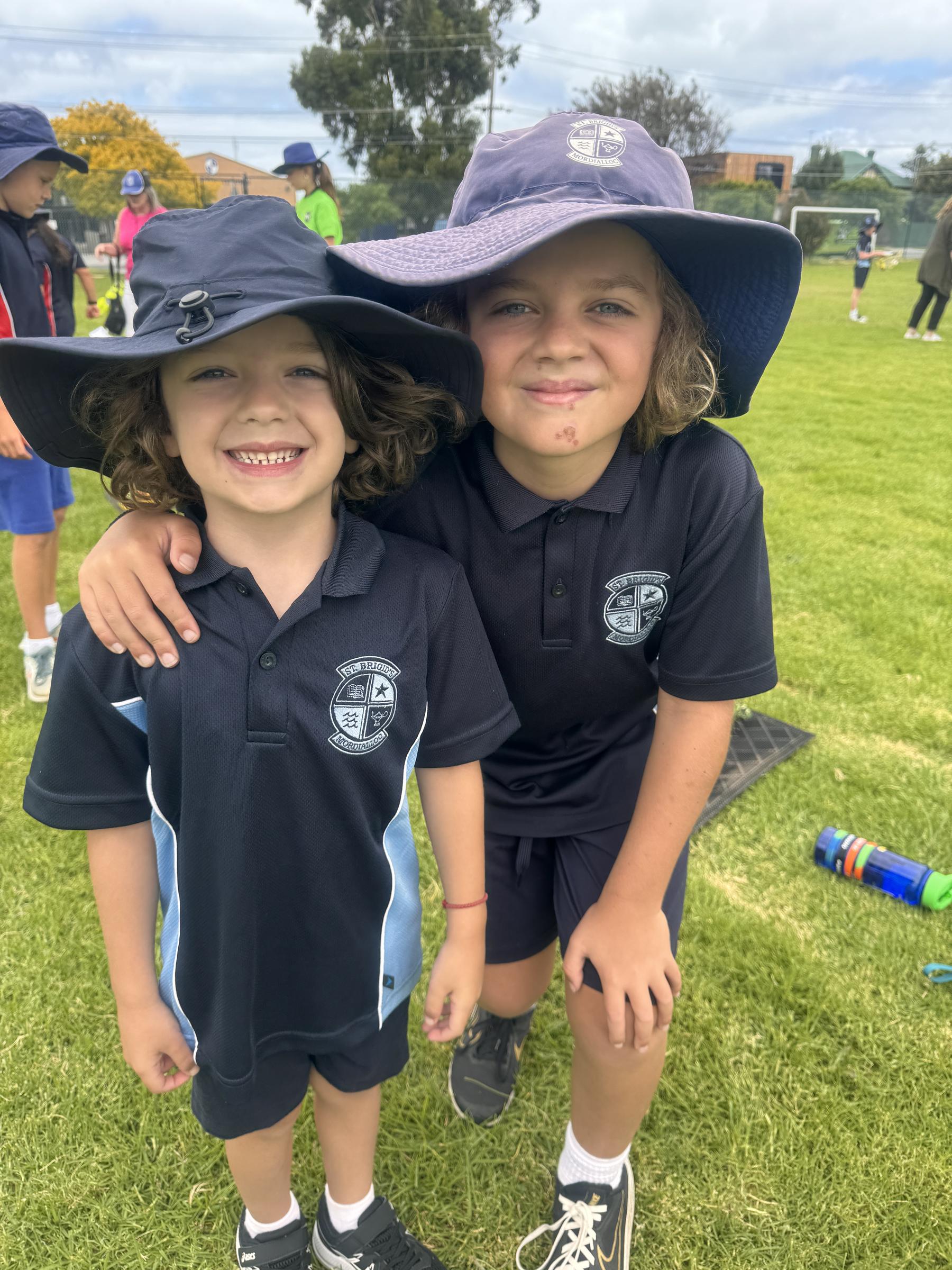Curriculum News

Our Curriculum Overviews for the Term
English
Reading and Viewing
In Foundation, our main focus to begin with is Phonological Knowledge and we use the Jolly Phonics program to teach letter-sound relationships in Term 1. We also follow SMART Foundation which is a spelling based program which is linked with our Jolly Phonics Program.
Literacy Groups begin in the second half of this term. During this time the students will participate in activities including letter identification, letter/ sound knowledge and oral language activities. Due to the nature of these activities parent helpers are necessary for Foundation R to run successfully. All parent helpers are required to complete a short induction to help in classes and have a current Working with Children’s Check. This induction was incorporated in the Foundation Information Evening.
A parent helper roster will be placed in the corridor outside our room in the next few weeks, for parents to write down their availability.
The students will also be given take home books and sight words that they will need to practice at home. More information regarding this will be sent home closer to the commencement of this program.
Writing
There is a writing lesson each day and students are encouraged to write using what they learn each day from Jolly Phonics and life experiences. They will also be learning how to correctly form each letter individually. Please keep in mind that when a student is learning to write they are encouraged to ‘have a go’ and write down what they think - the focus is not on being 100% correct but rather students gaining confidence in their writing abilities and making connections between the sounds they hear and the letter they have learnt.
Speaking and Listening
Oral Language underpins many parts of Literacy and the students will complete activities that focus on listening and speaking during Literacy activities. During the course of the year students will also be given an opportunity to present in front of their peers, through our Language Experience program. A roster of the topics covered and how you can help your child prepare for this will be shared on Audiri at a closer date.
Mathematics
Statistics (Data)
We will start the year by learning about collecting data, using questions that will help us get to know our classmates. This will also include data about particular days they participate in activities at school and outside of school. A short Google Form will be sent to parents this week for you to fill in with any details regarding out of school activities your child might participate in ie. Swimming at Toby Haenen on Saturday mornings.
Number and Algebra
In this topic we will be exploring counting forwards and backwards and exploring the value of numbers initially up to 10, including numbers before and after. We will also be working on subitising, which is automatically recognising a small collection of items i.e. the dot patterns on a dice.
Measurement (Location)
Students will be learning to use location specific words to describe the position of an object.
Inquiry/Religion
Our BIG Concept for Term One is Community - “Community Connections” and has a major curriculum focus of Geography.
During this unit we will be focusing on their local community of St Brigid’s. We will be learning about who is in their community, what activities take place in their community and how they are linked to different places in their community. We will also be exploring the different people within our community who help us and we are hoping to have a visit from some community helpers i.e. firefighters and police officers.
We will also be focusing on being part of the St Brigid’s church community. We will be exploring the significance of the Sacrament of Baptism, interpret experiences of family and friendship in relation to God’s family and reflect on how they live as part of a family, school and the family of God.
Wellbeing
Our Wellbeing focus for Term 1 is Emotional Literacy. We will be working on learning to identify emotions in ourselves and others, what triggers these emotions and ways we can regulate them.
